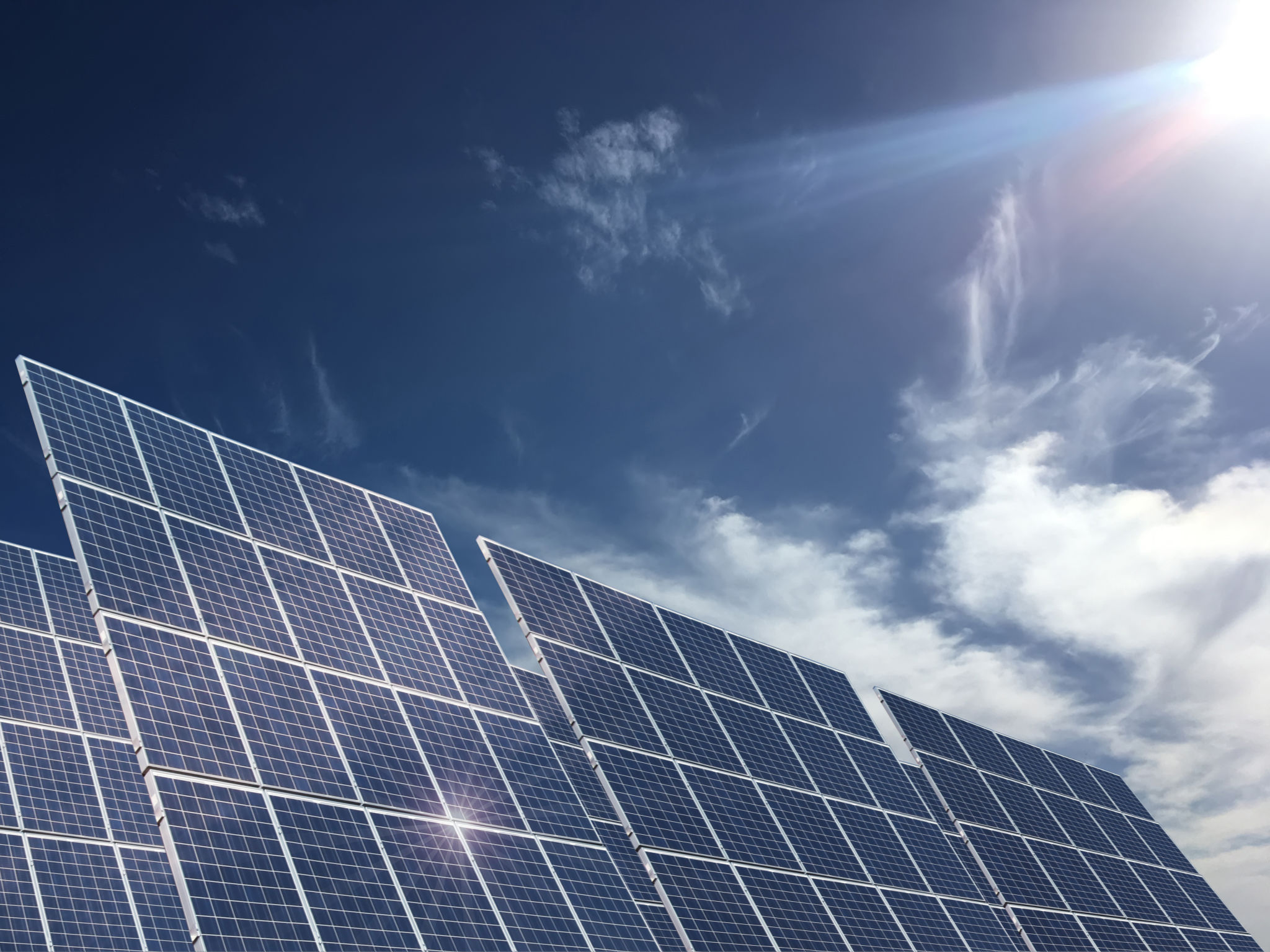Solar Energy vs. Traditional Electricity: Which is Best for Your Home?
Understanding Solar Energy and Traditional Electricity
As homeowners become more conscious of their environmental impact and energy costs, the debate between solar energy and traditional electricity gains momentum. Both options have their own set of advantages and disadvantages, making the decision a crucial one for your home. This post aims to provide a comprehensive comparison to help you make an informed choice.

Cost Considerations
One of the primary factors influencing the choice between solar energy and traditional electricity is cost. While the initial investment for solar panels can be steep, they offer significant savings in the long run. On the other hand, traditional electricity involves regular monthly bills that can fluctuate based on usage and energy prices.
For those opting for solar energy, government incentives and tax credits can help offset installation costs. Over time, homeowners can expect to recoup their investment and even enjoy free electricity after a certain period.
Environmental Impact
Solar energy is a clean and renewable resource, making it a favorable choice for environmentally conscious individuals. By harnessing energy from the sun, solar panels produce no greenhouse gas emissions during operation. This reduces your carbon footprint significantly compared to traditional electricity, which often relies on fossil fuels.

Reliability and Efficiency
When it comes to reliability, traditional electricity has the advantage of being consistently available, as it is supplied through a network of power lines. However, solar energy systems have improved significantly in recent years. In areas with plenty of sunlight, solar panels can generate adequate power for most household needs.
Moreover, advancements in battery storage technology are making it easier for homeowners to store excess solar energy for use during nighttime or cloudy days, improving the reliability of solar power solutions.
Installation and Maintenance
Installing solar panels requires professional expertise and an upfront investment. Once installed, solar systems generally require minimal maintenance, with periodic cleaning and occasional inspections being sufficient to ensure optimal performance.
In contrast, traditional electricity requires no installation effort from the homeowner, although power outages and maintenance issues are typically handled by utility companies.

Long-term Benefits
Solar energy provides numerous long-term benefits that make it an attractive option for homeowners. Besides reducing or eliminating electricity bills, solar panels can increase the value of your property. Many buyers are willing to pay more for homes with existing solar installations due to the promise of lower energy costs.
Additionally, as energy prices continue to rise, having a solar energy system offers protection against increasing utility rates.
Which Option is Best for You?
Ultimately, the decision between solar energy and traditional electricity depends on your personal preferences, budget, and environmental considerations. Evaluating factors such as initial costs, long-term savings, environmental impact, and your home's location can guide you in making the best choice for your household.
If you're committed to sustainability and long-term financial savings, investing in solar energy could be highly beneficial. However, if you prioritize convenience and immediate cost-effectiveness, traditional electricity may suit your needs better.